Department of Agricultural Research and Education Conducts Special Campaign for Cleanliness and Good Governance
In accordance with the guidelines of the Government of India, During the 10-month-long Swachhta Campaign as a sequel to Special Campaign 2.0, various activities were undertaken by DARE and its subordinate organisations viz. ICAR including KVKs, three Central Agricultural Universities (CAUs), the Agricultural Scientists Recruitment Board (ASRB) and Agrinnovate India Limited.
Achievements and activities during the period
- 1363 Public grievances were disposed of.
- 10203 Files were weeded.
- 353 Cleanliness/ Swachhta Campaigns were conducted.
- 109700 Sq. Feet space was freed.
- An amount of Rs. 68,89,879 were generated as revenue.
- 171 VIP references were disposed of.
- Additionally, during the Swachh Bharat campaign, the campus of various ICAR institutes have also undertaken the following activities:
-
- Segregation of waste materials into biodegradable and non-biodegradable.
- cleanliness activity including removal of weeds, trash and waste management in the form of composting and vermin-composting.
- Plastic-free campus drives.
Best Practices adopted during the period:
(a) An abandoned land area of ICAR- CIPHET campus has been transformed into an Acupressure Park. It improves both people’s health and the environment. One hundred seventy ‘Indoor plant pots’ were kept in office’ rooms to enhance the oxygen level of the environment.
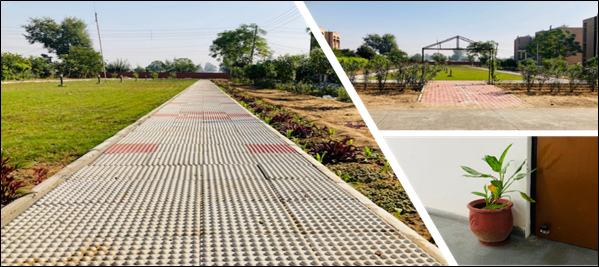
(b) During the Swachhta Campaign, the ICAR-CIFT team conducted a “Say no to plastic” Awareness drive in Valanthakadu island village, located at Maradu Panchayat of Ernakulam.
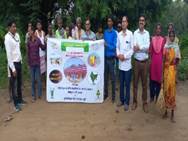
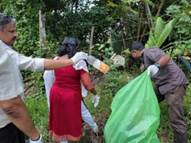
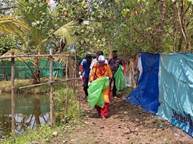
(c) ICAR-CMFRI, Regional Station, Calicut organized a painting competition with the slogan “Swachh Bharat – Swachh Sagar” and conducted an awareness program and a painting competition for School Children on the topic “Coastal and Marine Pollution.
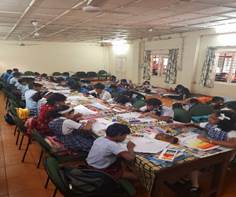
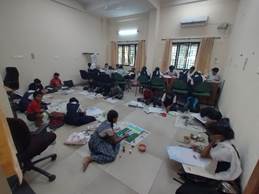
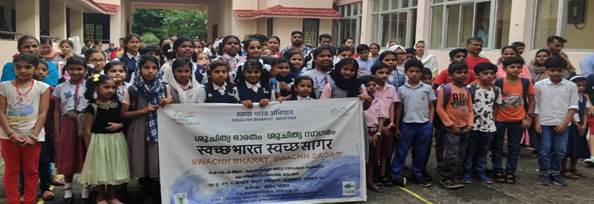
(d) ICAR-IARI, Jharkhand conducted a waste utilization programme and demonstrated vermicomposting using farm and domestic waste products.
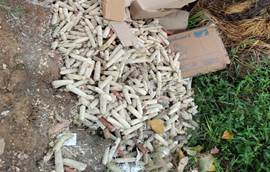
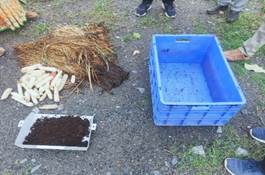
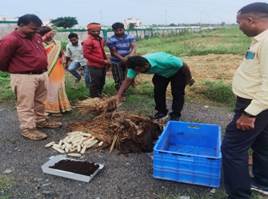
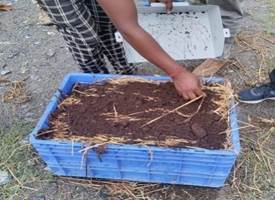
The department has been spearheading its efforts on Swachhta over the last 10 months as a sequel to the month-long Special Campaign 2.0 for the disposal of pending matters. The Department of Agricultural Research and Education (DARE) also conducted Special Campaign 2.0 for cleanliness and good governance from 2nd October to 31st October 2022.
During the Special Campaign 2.0, various activities were undertaken by DARE and its autonomous body viz. Indian Council of Agricultural Research (ICAR). ICAR has 113 Institutes and over 700 Krishi Vigyan Kendras (KVKs) across the country. During this Special Campaign 2.0, attention was given to the field/outstation offices of DARE/ ICAR. Some of the achievements and best practices adopted during the period are:
Achievements of Special Campaign 2.0
- Participation of over 91,000 persons in the Swachhta awareness programme.
- About 980 activities related to “Crop Residue Management” were conducted by the KVKs involving more than 35,000 participants of which about 28000 were farmers.
- About 960 activities were conducted by KVKs for the demonstration of technologies on waste to wealth. More than 22,000 persons participated in these activities.
- The activity of cleaning the villages was taken up in more than 1800 villages with the participation of more than 38,000 participants which includes school children, farmers and other members of the society.
- About 28,000 school children were oriented on various topics like hygiene, sanitation and cleanliness through more than 790 activities.
- More than 8,000 staff members of KVKs were involved in the cleaning of offices, and disposal of scraps through around 2290 different activities.
- Revenue to the tune of Rs.40.00 lakhs has been generated by the disposal of office scrap during this Special Campaign.
Best Practices adopted during Special Campaign 2.0
- The Krishi Vigyan Kendras (KVKs) have taken part in various activities in the thematic areas viz. Adoption of villages for Microbial based Agricultural Waste Management using Vermicompost; Awareness programme about Swachhta; Crop Residue Management; Demonstration of technologies on waste and wealth; Cleaning of villages programme with farmers; Orientation of school children on various topics like hygiene, sanitation, cleanliness; Cleaning of offices and campus and disposal of scraps etc.
- More than 1,200 villages were adopted by KVKs for promoting “agricultural waste management using vermicompost technology” with the participation of more than 38,000 participants.

